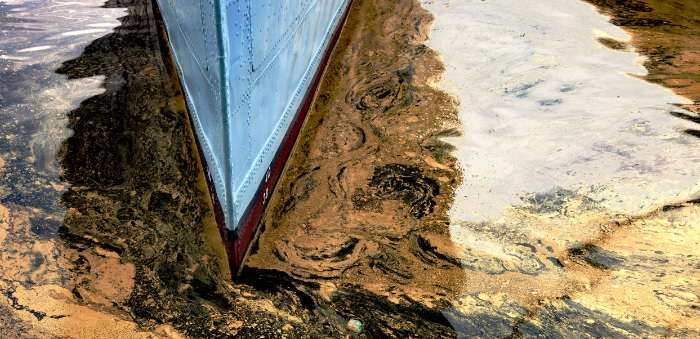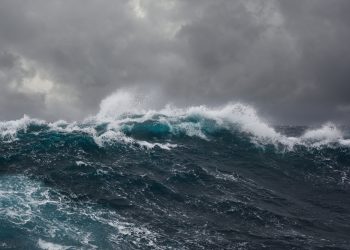US Senator Dan Sullivan introduced the Spill Response and Prevention Surety Act, legislation to modify and permanently reauthorize the federal Oil Spill Liability Trust Fund. The move coincides with the 30th anniversary of the sinking of the tanker Exxon Valdez which caused one of the most shocking environmental disasters in the history of US.
The fund was established under the Oil Pollution Act of 1990 to ensure the federal government is able to pay for the swift removal of spilled oil and compensate individuals, communities and businesses impacted by a spill disaster.
The Exxon Valdez oil spill taught us that speed and well-placed infrastructure can mean the difference between a small, containable incident and a full-scale environmental disaster. It is fitting that on the thirty-year anniversary of that devastating spill in Prince William Sound, we introduce legislation to permanently replenish and silo the federal fund that enables government agencies to quickly and capably deploy vessels and response measures to contain the release of oil in an American waterway, and make whole those communities and individuals impacted by a spill,
…said Senator Sullivan.
The bill maintains the existing nine-cent-per-barrel tax while establishing a $7 billion tax collection ceiling and $5 billion collection floor, indexed for inflation, to ensure the fund is adequately resourced over time.
The single incident payout claim would be doubled to $2 billion, and the natural resource damage claim would also be doubled to $1 billion.
Lastly, the legislation would create a biennial $10 million response and prevention grant program for research and technological development, and an annual $25 million prevention grant program for state programs to upgrade equipment and aging infrastructure, support strategic planning, and address abandoned or derelict vessels.
Senator Sullivan drafted the legislation in consultation with the Prince William Sound and Cook Inlet Regional Citizens’ Advisory Councils (RCACs), non-profit corporations established in the wake of the Exxon Valdez oil spill to give voice and local monitoring authority to communities affected by oil and gas development in Alaska.






























































